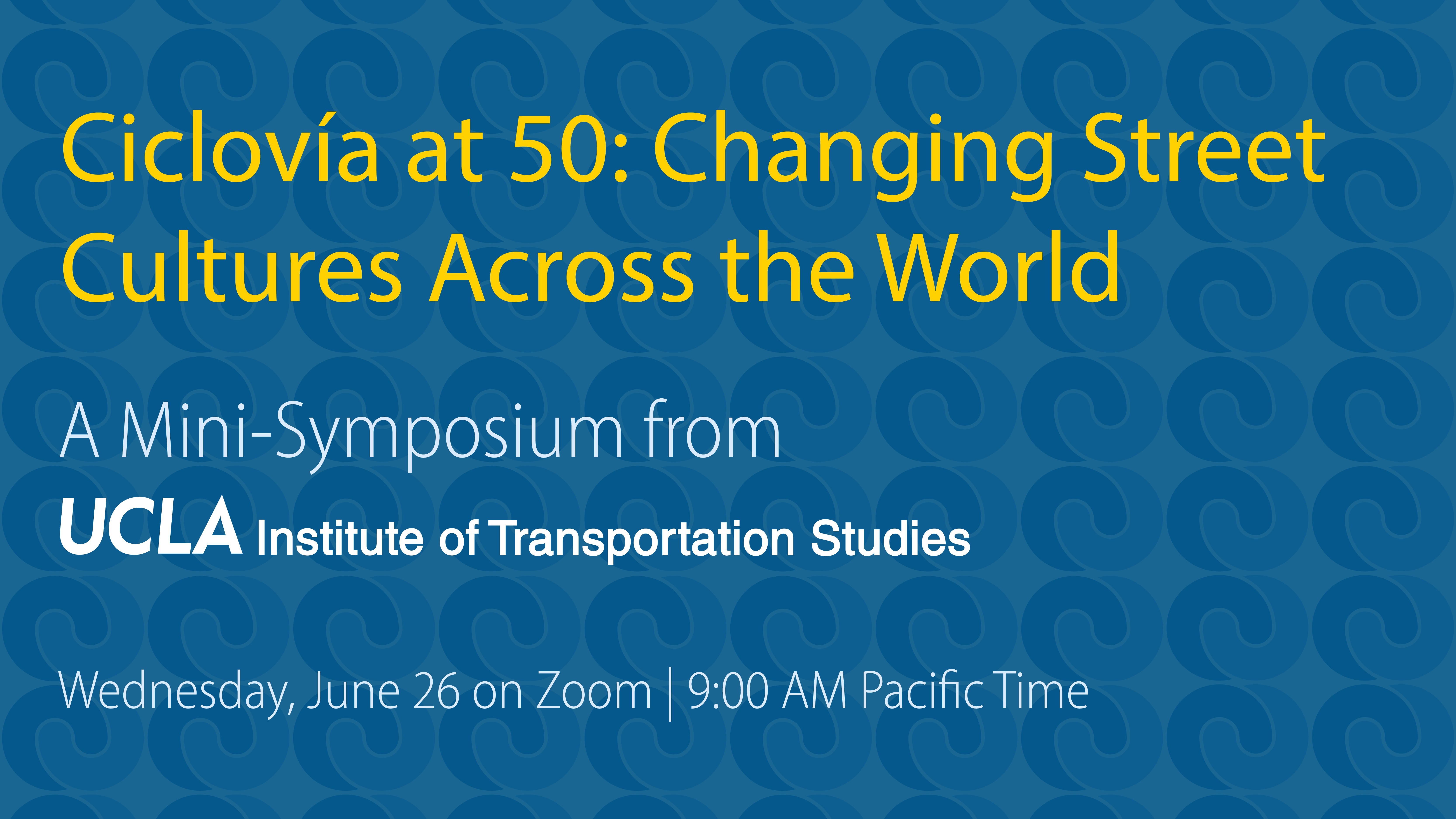Transit, Belabored: Issues and Futures for the Transit Workforce
Transit only works as well as the workforce behind it — those who operate vehicles; those who keep them in order, clean, and secure; and those who plan and manage the network. Frontline transit work can be especially satisfying and secure — but also stressful or unsafe. The pandemic laid bare these realities, as transit agencies across the country lacked workers, leading to canceled service in the short term and delayed service restoration in the long term. Ultimately, transit workforce issues are transit rider issues. Researchers, union organizers, and transit workers themselves will speak on the key workforce issues in the transit industry. Through both presentations and breakout discussions, speakers and participants together, from both the transportation and labor sectors, will work on ideas for how to improve transit work and secure it as a high-road job. Session 1: Introduction to Transit Labor: Current Issues and Coming Concerns Our opening conversation will explore the best practices and needed reforms to transform transit for the better. Join us in conversing with a research leader engaged in the big issues, solutions, and prospects for the future in transit labor, from operators to mechanics and white-collar employees. Session 2: Organizing to Improve [...]



